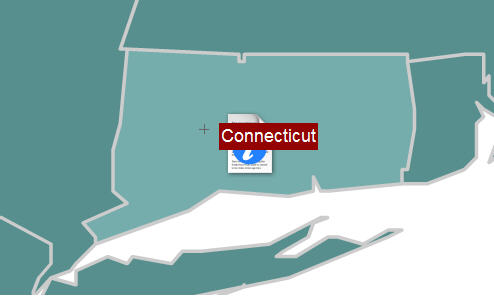Life Settlements Connecticut

Connecticut Life Settlements
In June 2008, Connecticut revoked its Viatical Settlements law and enacted a Life Settlements Act. Connecticut life settlements resemble a standard life settlement option where a qualified client sells his or her currently unneeded, unwanted or unaffordable life insurance policy to an individual broker or a life settlement company for cash.
The Connecticut Life Settlement Act set forth regulations that have been passed as an attempt to significantly reduce the fraud rate of the state. There are official, mandatory licensing requirements and anti-fraud policies for all new or previously licensed Connecticut life settlement agents or brokers.
There is an actual anti-fraud plan that Connecticut life settlement brokers must submit to maintain their specific license. Fraud is such a threat that the written plan includes details on how the settlement broker intends to prevent fraud within his or her own companies or business practices. In addition to the preventative plan, Connecticut life settlement brokers must prepare and present a plan of action should the need to report fraud to the insurance commissioner present itself. Proof of enrollment in continuous anti-fraud classes for agents and their staffs must also be provided by each broker.
Connecticut has standardized the life settlement option as a reasonable, common option for many of its constituents. The fear of fraud has been eliminated, making it safe to trust your valuable personal information and right to information are protected.
